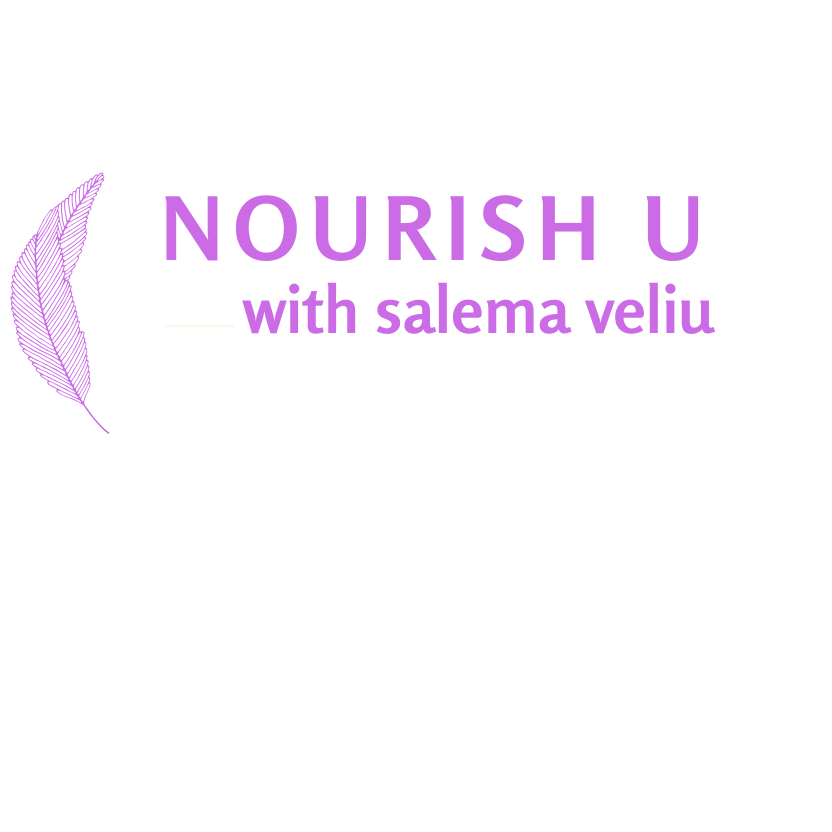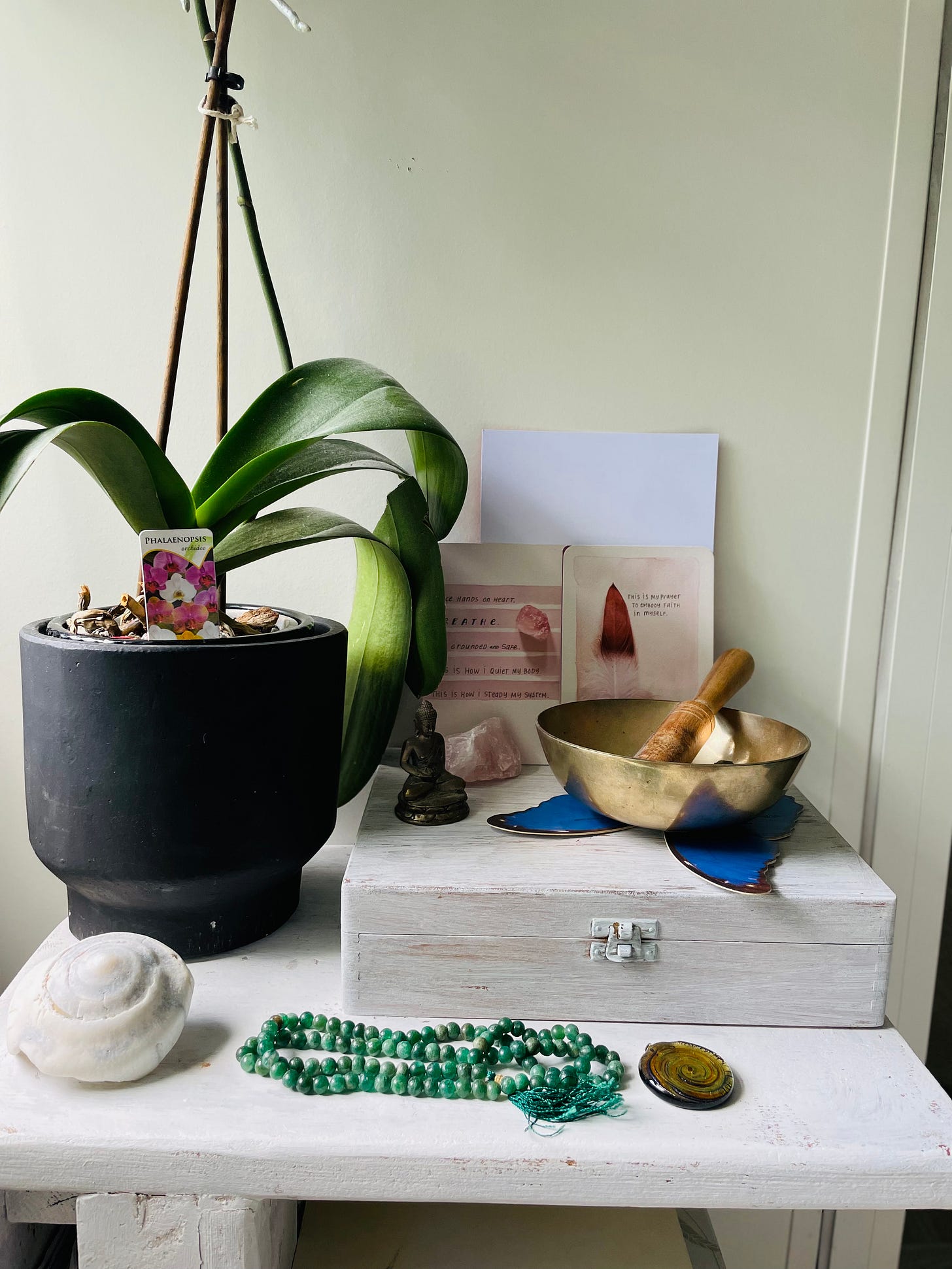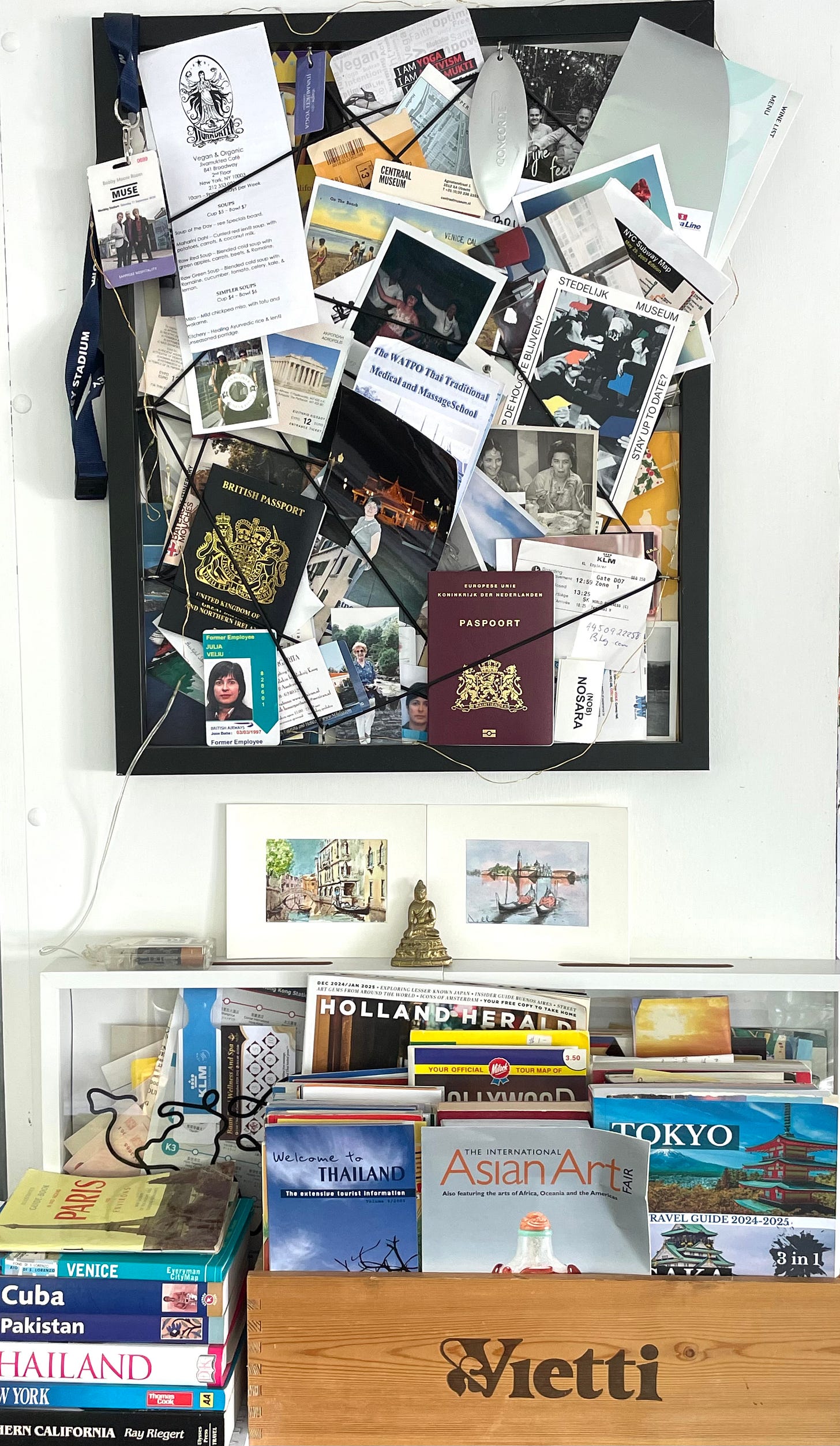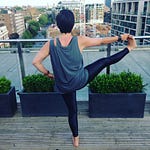Practice You Deck Cards by Elena Brower
There comes a time in every season of life when we are called to return to ourselves for strength. To pause. To notice the subtle disturbances of change emerging beneath the surface and meet them—not with resistance, but with curiosity, strength and grace.
In this week's reflection, I invite you to explore how the Zen-informed lens of simplicity, presence, and compassionate awareness can help you return to your centre stronger, softer, and more connected with the most practical practice/s of Zen to help in times of unease.
Over the past few weeks, as I’ve been preparing for my assessment and opening space to welcome new collaborations in my teaching, I’ve felt the stirrings of change—offering me new ways of working that feel more aligned with who I’ve become.
At the same time, it hasn’t all been smooth sailing. Behind the scenes, I’ve been navigating some deep challenges. Living alongside someone diagnosed with severe depression is a quiet and constant weight. It takes strength to stay grounded—for myself, and for my partner. Some days, maintaining a hopeful outlook feels like balancing on a tightrope, one breath, one moment at a time, with my mojo nowhere to be seen.
Yet in these moments, I’m reminded why my practices matter. They keep me anchored. They help me stay open, connected, and honest about what I need—and what I can offer—without losing myself in the process, this being the purity of human nature.
PRACTICES
Over the last couple of weeks l’ve not being able to join in with my HIVE cohort collective. However, Elena always one to follow up, dropped me a couple of short emails, making her support and nourishing presence felt. One of these was details about our next meet and some preparation for exploration for our session. Weirdly, it was about revisiting/creating/placing a vision of the future on our altars; tiny, concrete items. Honouring the past and the future, while keeping present in the present to keep our visions and project(s) alive and visible. I have many of these varied small altars around my home, where l go for refuge, strength and inspiration. Today as l was revisiting them, l felt the unease slowly ebbing away.
On Unease & Returning to Balance: Mentally and Physically
My partner often uses the word unease to describe how he thinks he’s feeling. But is unease just another word for being with NOT KNOWING?
Unease is a natural part of living—especially in uncertain times. From a Zen lens, it’s not something to resist but to gently witness. Unease invites us inward, back to breath, back to presence. We don’t overcome it by force but by softening into what is.
Manifesting from a Physical perspective
From a Pilates and Pilates Reformer perspective: On the mat and/or on a Reformer, two Pilates practices that can support this return are Footwork exercises to ground and recalibrate through the feet and legs, and Spine Stretch Forward to lengthen the spine, create space, and release held tension. When paired with conscious breath, these movements become meditations in motion—restoring your centre with strength and grace.
Mindful Communication: Speaking from Stillness
In moments of unease, our internal landscape can often feel noisy and/or heavy. Practising mindful communication can help us listen more deeply—first to ourselves, then to others. Inviting us to pause before speaking, to check in with our body, breath, and emotional tone, so we become less reactivate, which is a lot harder than it seems. I have been learning this highly important skill under the teachings and guidance of my mentor, thank you
so much for reminding me, that less is more and that practice is where Zen truly resides.Zen teaches us that silence is not empty. It is full of possibility. When we communicate from stillness, we become less reactive and more rooted in truth. We begin to use words that honour both our experience and the space between us and others. This kind of presence fosters connection—not through performance but through authenticity.
Especially when supporting someone living with depression, this type of mindful listening becomes an anchor. We hold space not to fix, but to witness—to offer our calm presence as a mirror of steadiness in the storm.
In relationships, this quiet attentiveness can soften defensiveness and create space for honest expression. It fosters a climate where partners feel safe to be vulnerable without fear of judgement or urgency to solve.
Honest Boundaries: Showing up with compassion without abandoning ourselves
Change often illuminates how much we’ve been carrying—emotionally, mentally, and physically. Saying no can be an act of profound self-respect.
Zen invites us to return to the simplicity of knowing what is true in the moment. Not everything that calls for our energy deserves it. Honest boundaries don’t push people away; they create the conditions for sustainable closeness. When we honour our limits, we honour our energy, our needs, and our evolving identities.
When living with or caring for someone navigating depression, clear and loving boundaries are essential. They allow us to show up with compassion without abandoning ourselves.
In relationships, mutual respect for boundaries creates a shared sense of security—a trust that each partner can care for their own energy while staying connected.
Emotional Availability: The Grace of Staying Open
It’s tempting to withdraw when things get difficult and emotions become like a roller coaster. But true strength lies in staying present with what is—without needing to fix or flee. Emotional availability is the capacity to be with discomfort, both ours and others’, while remaining grounded.
From a Zen perspective, emotions are not enemies—they are teachers. They come and go like weather, and our job is to breathe, observe, and let them pass. This spacious approach helps us stay connected in our relationships, even during challenging times.
Supporting a loved one with depression asks us to meet their pain with a quiet steadiness, not by absorbing it, but by offering our stable presence—our willingness to sit with them in the shadows while rooted in our own light.
In intimate partnerships, emotional availability builds a bridge between two inner worlds. It allows space for truth, even when it’s messy or uncertain, and creates fertile ground for deepened connection.
Finding Your Mojo: A Zen Perspective
When life feels flat or uncertain, what we often call "losing our mojo" is really a disconnection from our deeper rhythm. In Zen, this is an invitation—not a failure. Mojo isn't something we chase. It arises naturally when we return to presence and simplicity, through practices that ignite us.
Zen teaches us that energy and inspiration flow best when we are not forcing. Your mojo is in your breath, your body, and the moments you slow down enough to feel.
3 ZEN PROMPTS to start the enquiry of re-cultivating your mojo:
What brings me alive in this moment?
What am I resisting?
What am I longing for?
These questions when asked in stillness, help you reawaken your natural vitality—quietly, respectfully, from the inside out.
A Mudra for Strength & Grace: Vajrapradama Mudra (Mudra of Unshakable Trust)
This is the mudra of unshakable trust. Interlace your fingers at the heart centre, leaving the thumbs extended and touching. Rest this gesture at your chest, close your eyes, and breathe deeply. Use it when you need to reclaim your steadiness and inner power.
Vajra means “diamond” or “thunderbolt,” symbolising clarity and indestructibility. Pradama relates to offering or confidence. Together, Vajrapradama Mudra translates to “Mudra of Unshakable Trust.”
Affirmation: "I trust in my strength. I return to grace."
Zen Sitting Practice: Returning to Yourself in Times of Unease
Find a quiet space and take a comfortable seated position. Sit on a cushion or chair, allowing the spine to be long but not rigid. Bring your hands into Vajrapradama Mudra or rest them gently in your lap.
Let your eyes soften or close. Begin by simply noticing your breath. Allow the inhale to expand you, and the exhale to ground you.
When thoughts arise, acknowledge them gently and return to the breath. Use this practice to anchor yourself in the now. Just five to ten minutes a day can cultivate the strength and grace you seek—not from outside, but from your own centred presence.
In households affected by depression or emotional overwhelm, this daily ritual becomes a way to clear your own energy, reset compassion fatigue, and reconnect with your inner resources.
For couples or partners, consider sitting together in silent support. No talking. Just breathing, side by side. This shared stillness becomes a silent vow—to be with each other in presence, not performance.
Zen Relationship Practice: The Circle of Presence
Sit across from your partner or loved one. Each of you places an object or candle in the centre to symbolise your shared intention. Set a timer for five minutes.
In silence, gaze softly at one another—not staring, but witnessing. Stay relaxed and breathe naturally. If emotions arise, let them flow. If laughter or tears come, honour them.
When the timer ends, bow gently to each other. This circle of presence cultivates intimacy without words, reminding you both that presence is the most sacred gift we can offer.
Returning to Centre
To return to strength, balance, and grace is to come back to the truth of who we are: cyclical, sensitive, resilient, wise. Through mindful communication, honest boundaries, and emotional availability, we can strengthen not just our relationships with others, but also the relationship with ourselves.
This is the art of living well. This is the nourishment that lasts.
With a bowed heart and steady breath, in quiet service to your return.
S
















Share this post